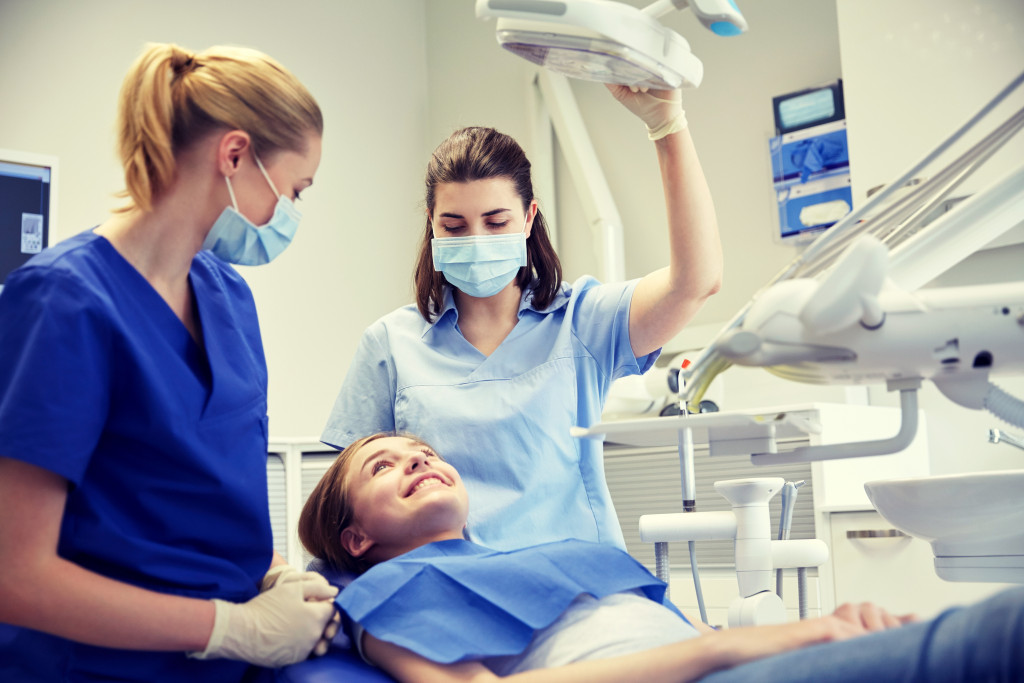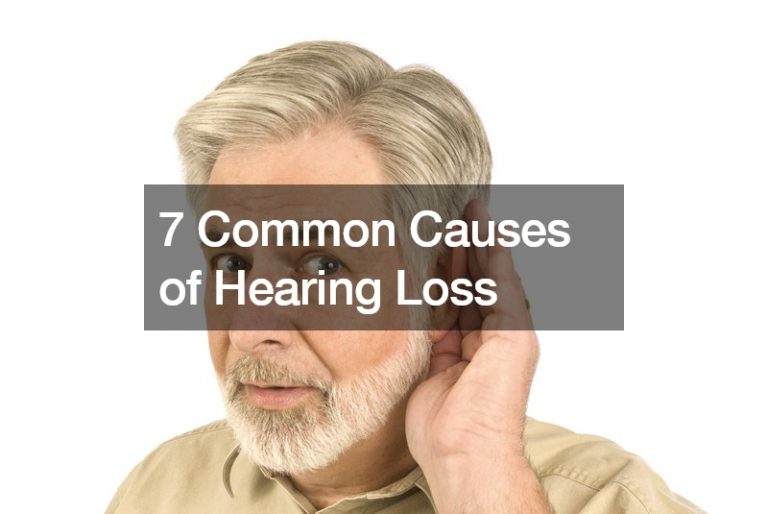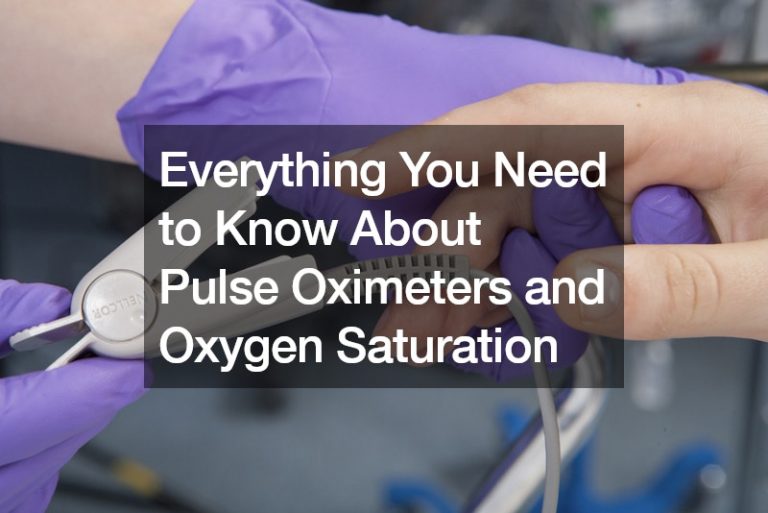Early diagnosis can be the difference between having a healthy smile and suffering from long-term dental issues regarding oral health. A small problem in your mouth can frequently develop into a much larger issue that could lead to expensive treatments or even tooth loss if not addressed quickly. That’s why early diagnosis is so important; the sooner you detect an issue, the easier and more cost-effective it will be to treat. Here are the benefits of early diagnosis for oral health.
The Cost Benefit of Early Detection
When you detect a problem with your teeth or gums early on, you can avoid costly treatments in the future. Small problems such as cavities are much cheaper to address when they are first detected. All it takes is a filling to repair the damage. But if left unchecked, cavities can worsen over time and require much more intensive treatments such as root canals or tooth extractions. The same applies to gum disease; treating it early on greatly reduces the risk of developing advanced periodontal disease requiring surgery or other expensive procedures. Here’s how to spot common dental issues
Discoloration of your teeth: The presence of brown, yellow or white spots on your teeth can signify decay.
Sensitivity: Feeling pain when consuming hot or cold beverages and foods could indicate a cavity or another dental issue.
Swelling and bleeding: Swollen and tender gums that bleed when you brush or floss can be a sign of gum disease.
Bad breath: Halitosis, or bad breath, often indicates bacteria in your mouth. You will notice that the bad breath does not go away no matter how much you brush or floss.
If you spot any of these issues, you must visit a dentist immediately for a proper diagnosis and treatment plan. If you choose to let it pass, the problem will worsen over time and eventually require much more expensive treatments. These signs are easy to detect, so there is no excuse for not addressing them immediately.
The Importance of Regular Checkups
Regular dental visits are essential for early diagnosis and prevention of oral health issues. Visiting your dentist twice a year is the best way to keep your teeth and gums healthy and to detect any potential problems in their earliest stages. The best way to ensure that any dental issues are caught before they become too serious is by scheduling regular checkups with your dentist.
During these visits, general dentistry services such as examinations, cleanings, and X-rays will be performed. These procedures are necessary to detect signs that you may not have noticed. These procedures will detect hidden problems that may not be visible during visual exams alone. Your dentist can provide treatment plans tailored to your specific needs. If anything is detected during the checkup, they can start prompt treatment and help you avoid any long-term damage.
The Benefits Beyond Prevention
In addition to preventing costly future treatments, catching potential problems with your oral health early on also has many non-financial benefits, such as improved self-confidence due to having a great smile or improved overall health due to avoiding complications caused by untreated issues in your mouth. Additionally, detecting issues early on helps keep discomfort levels low. Mild symptoms tend not to worsen until later when treatments become more aggressive and uncomfortable for patients. Even with a simple cleaning, you can feel more comfortable and confident in your mouth.

What You Can Do at Home
Although regular dental checkups are essential, there are also steps you can take at home to help ensure that any issues are caught early:
Brush and floss twice a day: Regular brushing and flossing help prevent plaque buildup, cavities, and other dental problems. This will ensure that your teeth and gums stay healthy.
Watch what you eat: Eating sugary or acidic foods can increase your chances of developing cavities. Limiting these types of foods is important to keep your teeth healthy.
Stay hydrated: Drinking water helps wash away bacteria in the mouth that can lead to dental issues. Staying hydrated also helps prevent dry mouth, which can cause bad breath.
Avoid smoking or chewing tobacco: These habits can significantly increase the risk of oral cancer and other dental issues such as teeth staining and plaque build-up.
Visit your dentist regularly: Scheduling regular checkups with your dentist is the best way to ensure that any potential problems are caught early. Every six months is recommended.
Following these tips and visiting your dentist for regular checkups can keep your teeth and gums healthy. It will also help banish bad breath and lower your risk of developing any serious dental issues. Early detection and prevention are the best ways to ensure that your mouth stays in top condition for years. Not only does this save money, but it also improves self-confidence.






